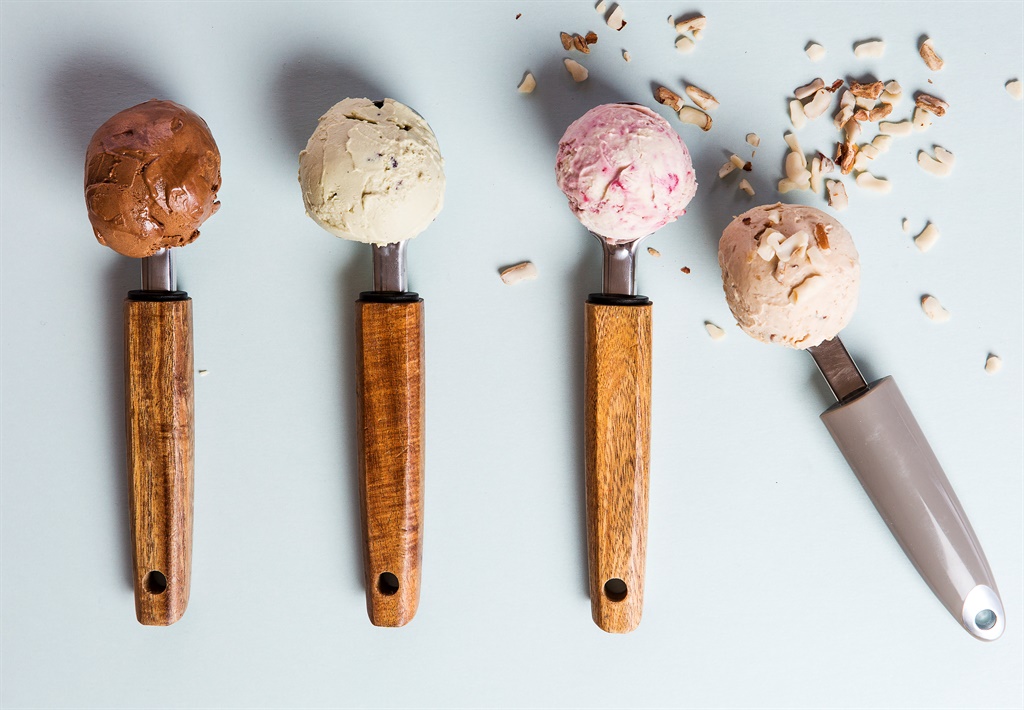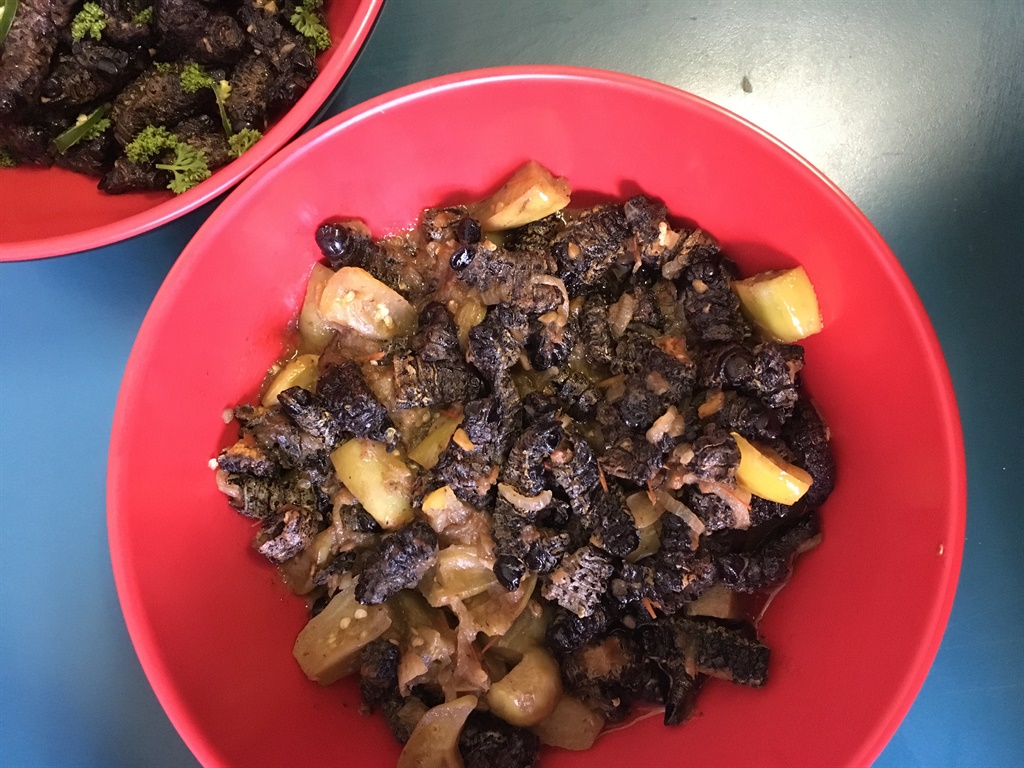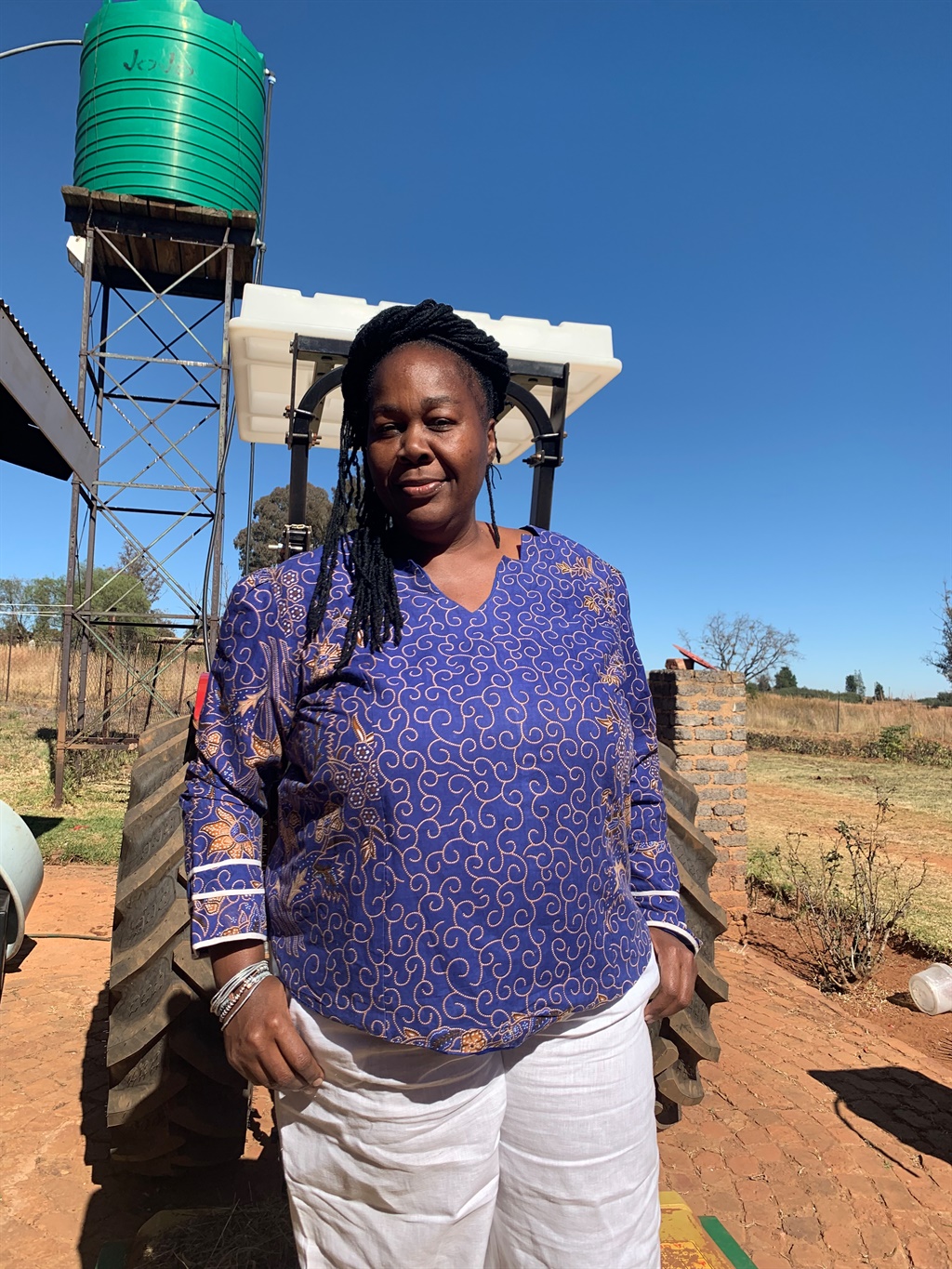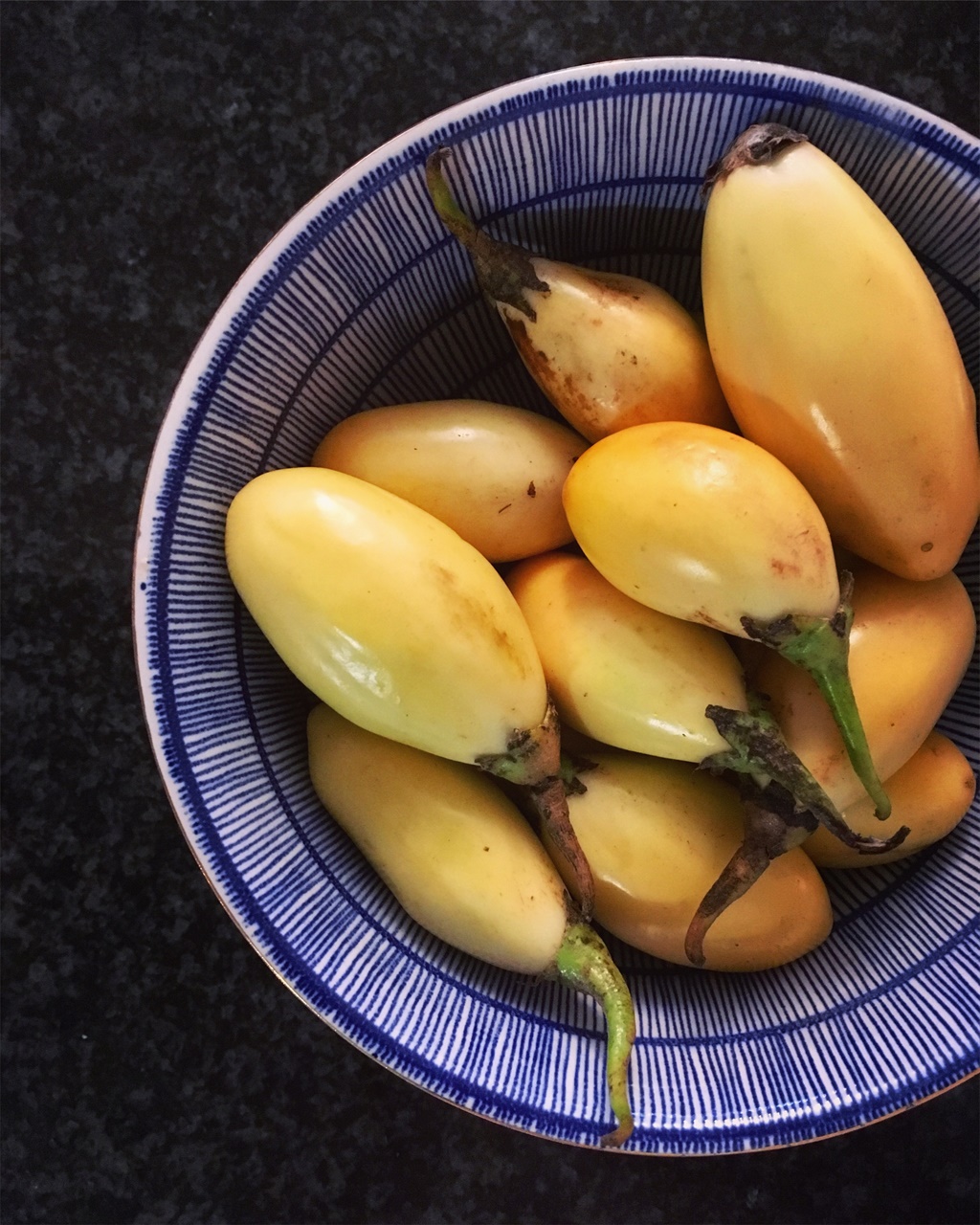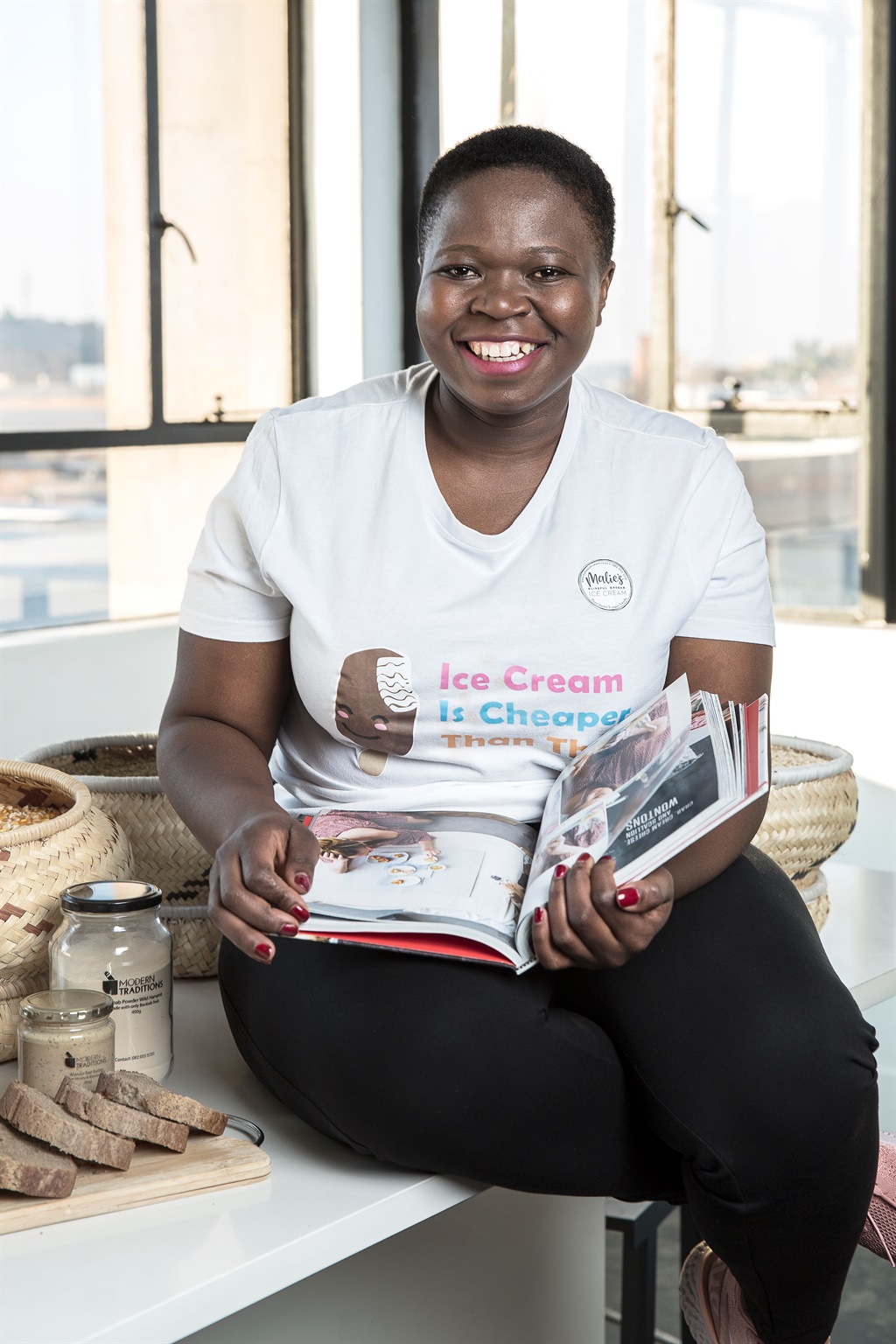
We pay a premium for ingredients such as quinoa, but can’t access our own African superfoods. Nikita Singh spotlights three entreprenuers who are working on making it easier for us to buy items such as baobab, plantains, pumpkin leaves, attieke, mopane worms, garden eggs and ngai ngai.
You’re used to seeing exotic ingredients such as Peruvian quinoa, Thai green chillies and imported Italian tomatoes at the supermarket, right?
What about sorghum, matembele and jugo beans? Africa has a wealth of foods, rich in flavour and nutrients, which remain absent from supermarket shelves.
Three dynamic entrepreneurs have found innovative solutions to increase the demand for indigenous African ingredients; and provide for the ever-shifting demographics of Joburg.
“I’m trying to take ancient, traditional, nutrient-dense ingredients and integrate them in the lifestyles we lead now. The raw ingredients themselves are powerful, they just needed to be interpreted in a different way,” says Tracy Nelwamondo, the founder of Modern Traditions.
Nelwamondo is a medical doctor, business owner and an activist for an indigenous African food revolution. Organic baby foods Following the birth of her son, Nelwamondo tried to find organic, nutritious ingredients to make purées from scratch.
But the “health foods” such as quinoa didn’t impress her: “None of them spoke to me as an African and a South African.
The miles they travel to get to my plate is quite worrying.” In the blistering heat of summer, Nelwamondo wanted a cooling treat with local, raw, nutrient-rich ingredients for her son.
This is how she developed a creamy plant-based ice cream – named Malie’s after her son Malibongwe – using indigenous baobab powder and marula nuts from her home in Limpopo.
The organic ice cream comes in delicious flavours including a classic vanilla swirled with marula, nut butter and refreshing mint which gets its natural colour from seasonal greens such as pumpkin leaves, amaranth or kale.
Modern Traditions uses African “superfoods” – sorghum and millet – for gluten-free sourdough breads, ice cream cones, cakes and muffins.
Nelwamondo believes these ancient African grains are the key to local, sustainable farming and to adapting indigenous ingredients to suit modern lifestyles.
Modern lifestyles affect our eating habits, but also the way we shop.
It’s convenient to pop into the supermarket after work, but it’s unlikely that you’ll find Pan-African ingredients for home-made authentic food.
Kula Chakula is an online pantry that bridges the gap for convenience shopping. Natalie Milambwe and her sister-in-law Cara Waller have developed a food delivery service specialising in purely Pan-African ingredients.
Kula Chakula, which means “eat food” in kiSwahili, provides an easy, affordable way of buying African ingredients such as plantains, attieke, mopane worms, garden eggs and ngai ngai, without having to drive to the various Yeoville markets.
Milambwe is Congolese and Waller is Australian, but she fell in love with African cooking during work trips across Africa.
They want to make African ingredients more accessible for the expat communities in Joburg and to expose people who may be unfamiliar with African flavours and the joys of Pan-African cuisine. From Congolese matembele and catfish to Nigerian ogbono soup, the delivery service offers a first in Johannesburg – African meal kits.
Several meal box delivery services exist in South Africa, but their meals cater to Western palates, instead of authentic Ugandan or Kenyan tastes.
Bringing back pumpkin leaves Siphiwe Sithole also experienced the lack of indigenous ingredients on food shelves. But instead of buying from the market, she wanted to grow them herself.
As a senior marketing executive at Sanlam, Sithole travelled across the continent for work.
“My travels through the different countries exposed me to good food that had been grown responsibly, in a sustainable way, that was quite affordable.” Each time she returned to South Africa, she tried to find the rich, juicy fruits and vegetables she ate on her travels, but could not.
“If I’m struggling to find certain products, what about the rest of the African expats living in South Africa?” she thought.
Sithole began researching the demographics of Joburg and where expat communities live and shop.
For her business idea to be successful, she needed to put the right vegetables on the right shelves to meet the communities’ needs.
Sithole explains: “We arrogantly grow what we’ve been growing for years, without realising that the demographics have changed. So our food shelves must also change to cater for the needs of the population of this province.”
Her organic farm, African Marmalade, in Hekpoort in Magaliesberg, grows food for expat communities.
The farm has abundant harvests of sweet potato, pumpkin leaves, okra, collard greens, garden eggs, gem tomatoes, cowpeas, cassava and jugo beans.
A simple ingredient such as pumpkin leaves is absent from supermarket shelves.
Sithole explains why: “The bulk of the pumpkins we’re seeing in stores were commercially grown, so the farmers are spraying … and where do the chemicals sit?
“On the leaves, so they cannot sell us the pumpkin leaves because that’s where the bulk of the poison is sitting.”
To avoid using chemicals on her farm, Sithole uses purely organic methods of pest control. African Marmalade makes its own compost, sprays leaves with garlic and vinegar infusions and grows borage for companion planting.
In different ways, all these entrepreneurs are trying to change the food systems in Joburg, and championing the fight for an indigenous food revolution.




 Publications
Publications
 Partners
Partners




